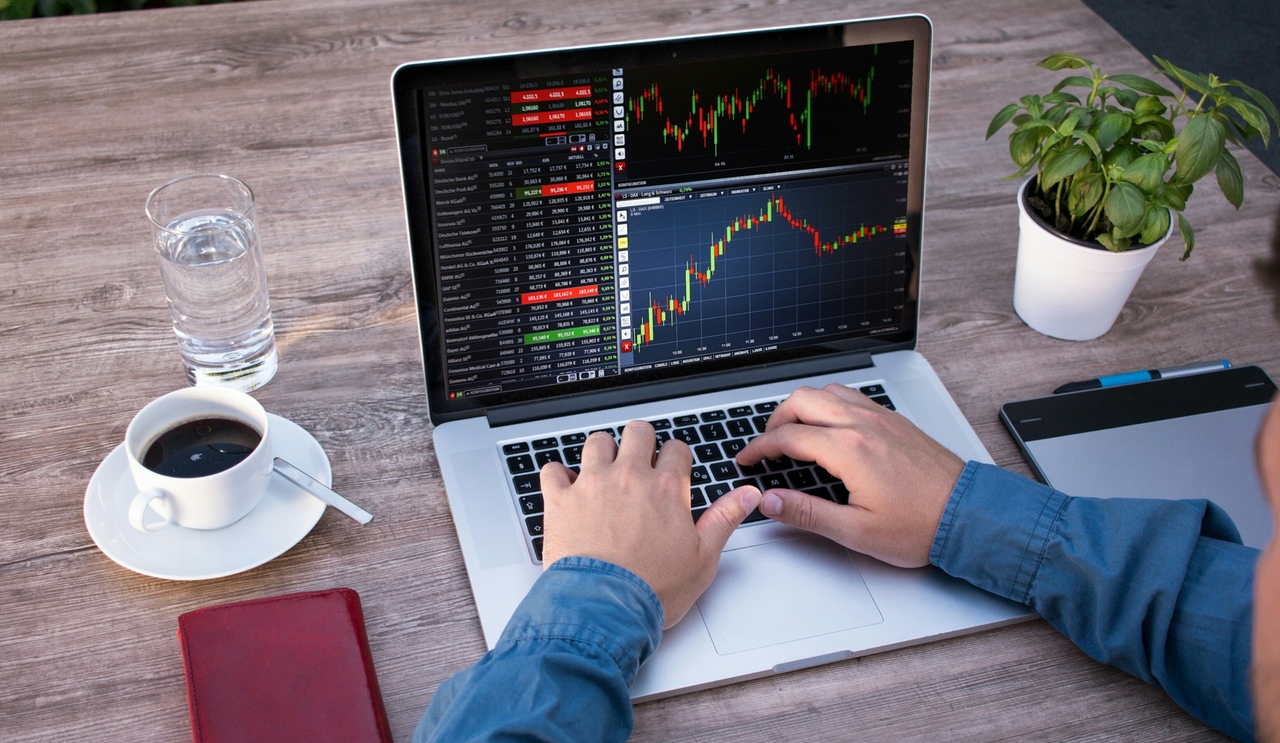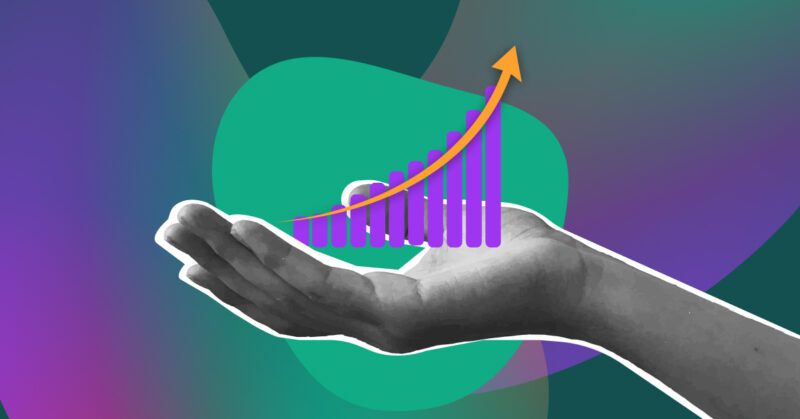In the fast-paced world of trading, where fortunes can change in the blink of an eye, the mental fortitude of a trader becomes just as crucial as their analytical skills. Enter trading simulators—a bridge between theory and practice, offering a unique platform to hone not only technical skills but the very psychological resilience needed for success.
These virtual environments replicate the complexities of real markets, presenting traders with scenarios that challenge their decision-making processes, emotional regulation, and risk management strategies. Just as athletes train relentlessly to refine their performance, aspiring traders must immerse themselves in simulated trading experiences to build confidence, learn to navigate the tides of market volatility, and develop the discipline necessary for real-world trading success.
This exploration into the psychology of trading simulators will uncover how this immersive practice can shape your mindset, transform your approach, and ultimately lead you toward the success you seek in the bustling realm of financial markets.
The Psychological Aspects of Trading

Bar replay free feature can be a crucial component in understanding the psychological aspects of trading, which are intricate and deeply intertwined with the decision-making processes that traders face daily. Emotional resilience, for instance, is paramount; the capacity to withstand the psychological strain of fluctuating markets can mean the difference between a seasoned trader and one who capitulates in fear.
Fear of losses can lead to irrational behaviors, such as overtrading or the dreaded “revenge trading,” where a trader tries to recover losses impulsively. Conversely, excessive confidence might blind a trader to potential risks, fueling reckless strategies that could decimate an account.
In the midst of this chaotic landscape, trading simulators serve as invaluable tools, not merely for honing technical skills but also for fostering emotional intelligence. By allowing traders to experience the highs and lows in a risk-free environment through features like bar replay, they can cultivate the mental discipline necessary for navigating real markets with greater poise and clarity.
Balancing logic with emotional awareness creates a cognitive framework that significantly enhances the probability of successful trading.
Emotional Regulation in Trading

Emotional regulation in trading serves as a cornerstone for consistent success, yet it often poses one of the greatest challenges for traders at all levels. Picture this: after a series of unexpected losses, frustration bubbles to the surface, tempting you to make impulsive, reactionary trades.
However, cultivating emotional awareness transforms this potential pitfall into an opportunity for growth. Techniques such as mindfulness and self-reflection empower traders to recognize their emotional triggers, allowing for a more measured response to market fluctuations.
Balancing the thrill of a winning trade with the somber weight of a loss requires not just discipline, but also an intricate dance between intuition and rational thought. A trader who can navigate this emotional landscape is not merely reacting to the market; they are mastering it, turning every setback into a stepping stone towards greater resilience and ultimately, success.
Enhancing Decision-Making Skills

Enhancing decision-making skills is essential for any trader seeking to thrive in the fast-paced world of finance. Engaging with trading simulators offers a unique opportunity to practice these skills in a risk-free environment, where the stakes don’t involve real money.
Here, traders can experiment with various strategies, analyze outcomes, and refine their judgment without the pressure of financial loss. Its like playing a game of chess, where each move, whether bold or calculated, can lead to unexpected results or triumph.
By repeatedly facing simulated market scenarios, traders learn not only to respond swiftly but also to anticipate market movements, understanding the intricate dance of supply and demand. Ultimately, these simulations foster a deeper cognitive flexibility, empowering traders to make more informed decisions even when the real markets are anything but predictable.
Conclusion
In conclusion, the journey to becoming a successful trader is as much a psychological endeavor as it is a technical one. Trading simulators offer a unique opportunity to hone your skills, refine your strategies, and cultivate the mental resilience necessary for real-market conditions.
Tools such as the bar replay free feature allow traders to practice their decision-making processes without the pressure of actual stakes, fostering an environment for experimentation and growth. By integrating these simulators into your training regimen, you not only sharpen your market analysis acumen but also empower your mindset to navigate the emotional challenges of trading.
Embracing this psychological aspect will ultimately enhance your performance, paving the way for a more confident and successful trading career.


